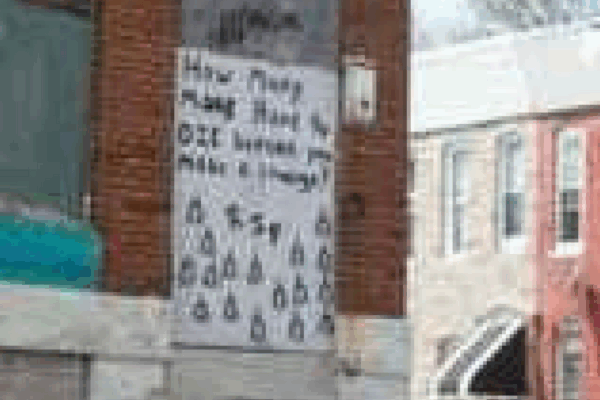Read the full opinion editorial on Rooflines.
We all experience stress in our daily lives, whether financial worries or problems at work or at home. Few of us escape some exposure to "adverse childhood experiences." But many low-income families have to live, day in and day out, with corrosive fear for their children's basic safety.
A new policy brief, authored by researchers from Princeton University and published by the Robert Wood Johnson Foundation, offers sobering data on how just how prevalent children's exposure to violence may be. The brief summarizes findings from RWJF's "Fragile Families Study," involving 5,000 children born in U.S. cities in 2000, and a longitudinal examination of a range of factors known to be associated with children's health and development.

